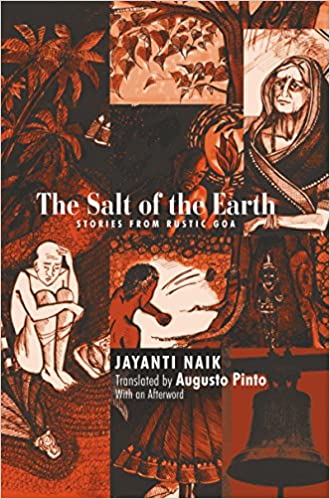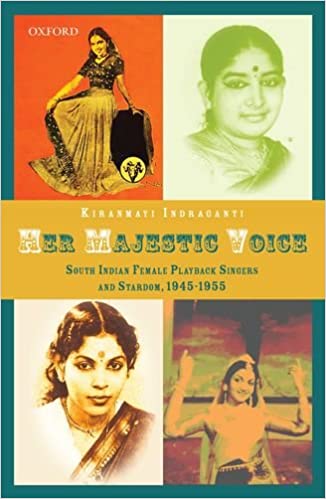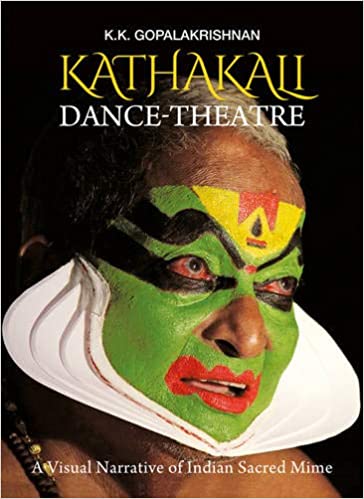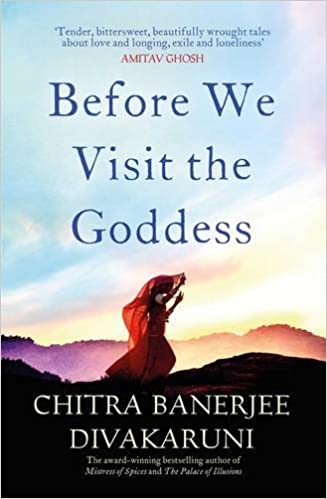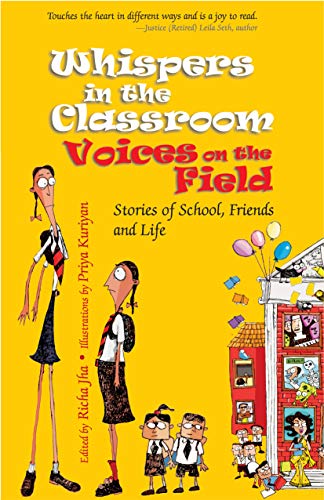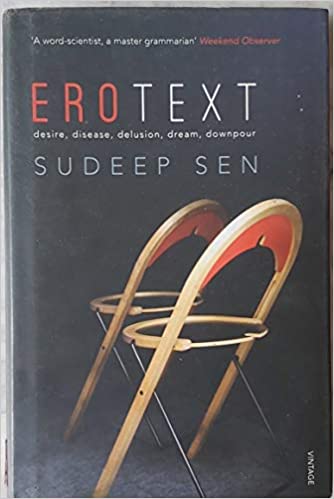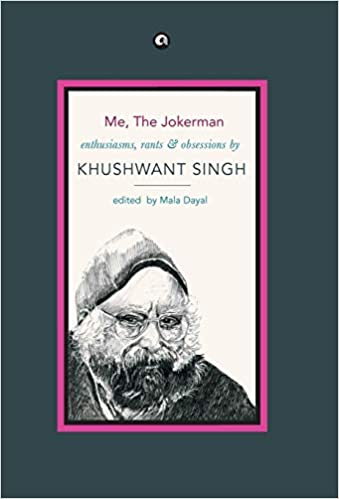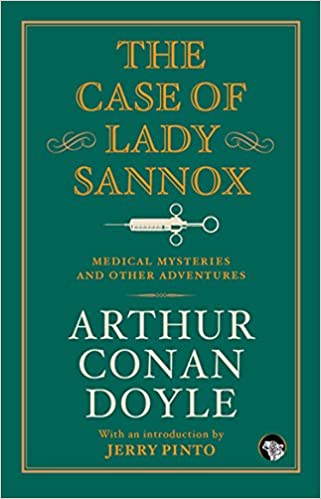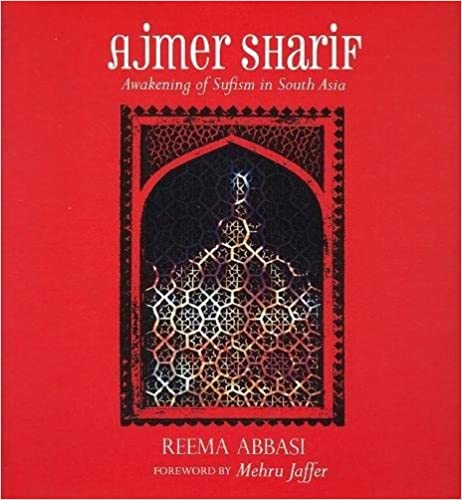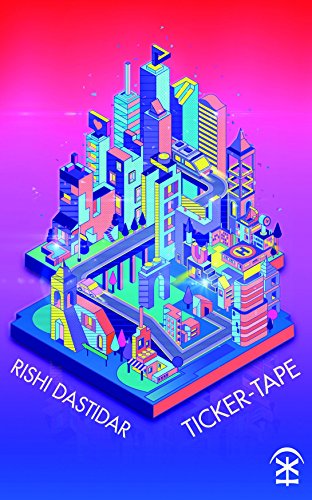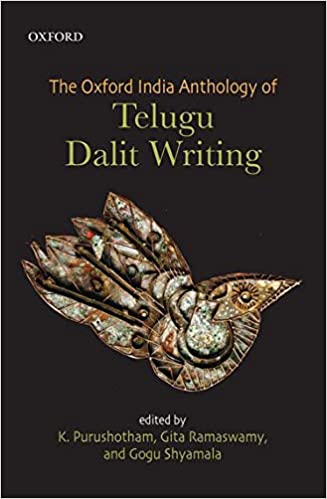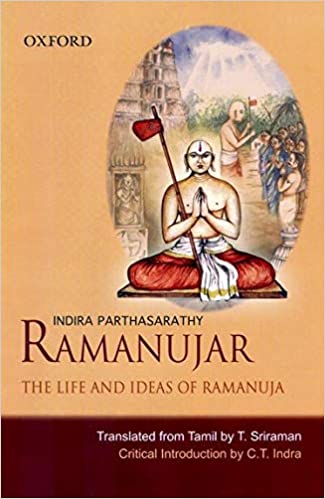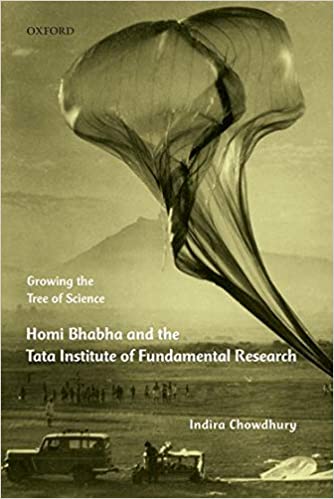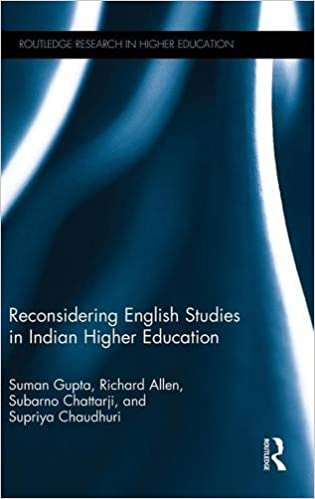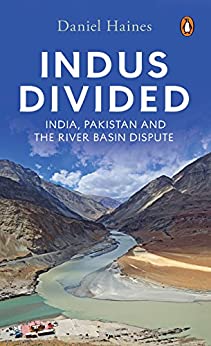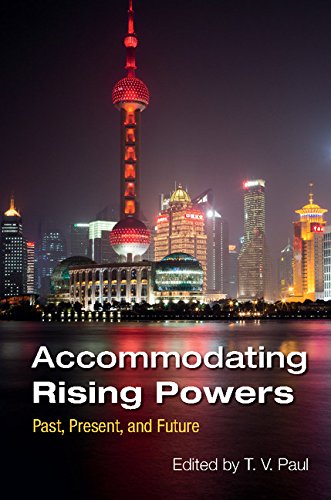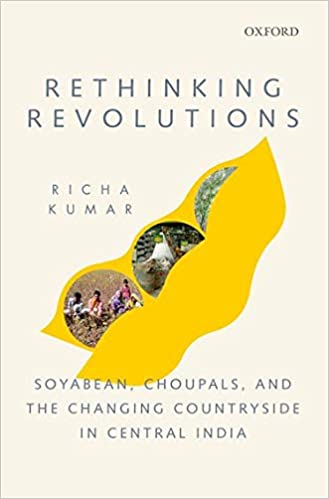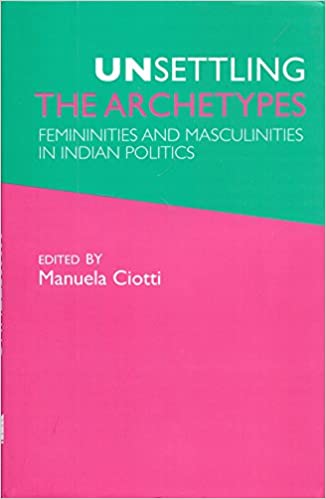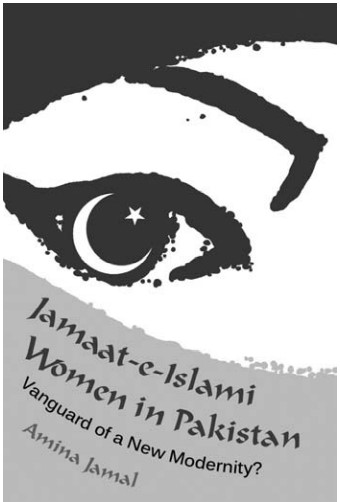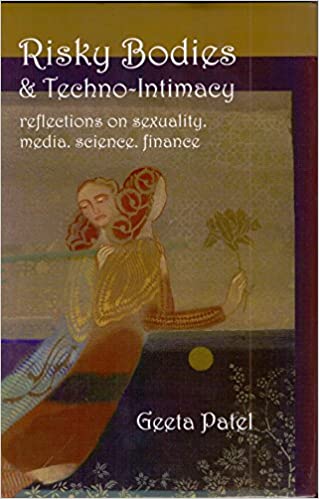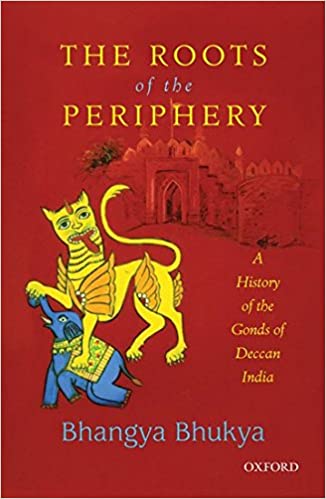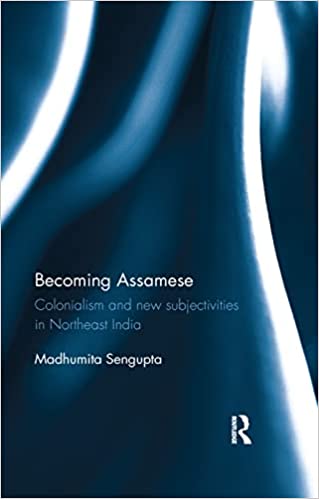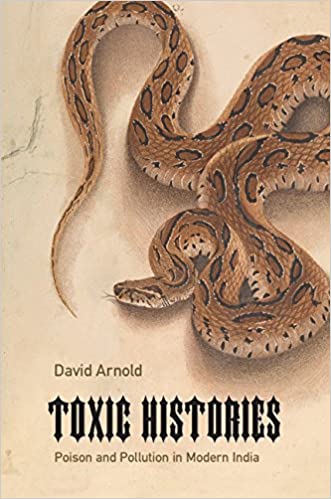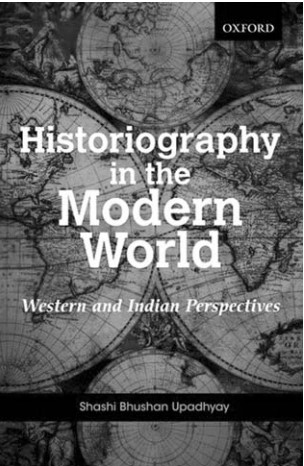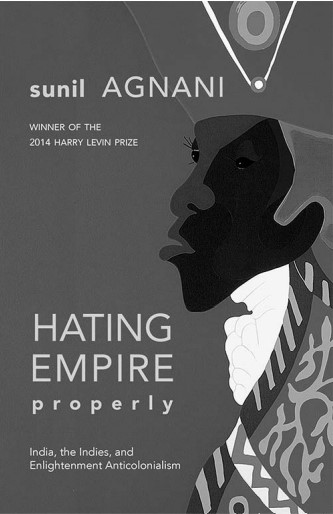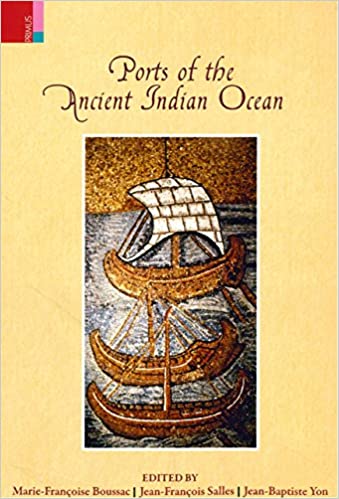Jayanti Naik says in the preface to the book: ‘This English translation will of- fer a glimpse into the true nature of Goansociety … different from the prevailing ste- reotyped and touristic images of Goa.’ The eleven stories in the collection are about ‘the salt of the earth’, that is, good and decent people who inhabit the villages in and around Quepem in South Goa. These people mainly belong to the ‘Bahujan Samaj’, as people of non-elite castes describe themselves. The 55- year old author and folklorist Jayanti Naik knows them well and her stories celebrate their myths, superstitions and folklore. Al- though the day-to-day lives of her charac- ters may be mundane what impressed me were the psychological insights extracted from them with her narrative skills.
Archives
May 2017 . VOLUME 41, NUMBER 5Kiranmayi Indraganti’s book Her Majestic Voice gives us a broad socio-cultural study of the evolution of South Indian women playback singers of the mid-twentieth century. The book presents this vast but relatively unexplored field through the lives and careers of four important women playback singers, namely: P. Bhanumati, Ravu Balasaraswati Devi, Jikki Krishnaveni and K. Jamuna Rani, apart from a study of Lata Mangeshkar, whose career and choices are often set as a benchmark of comparison.
Books on performing arts in India have either been of the coffee table variety or dense and too theoretical. Books on classical dance in particular have often reiterated the existing primers and treatises like the Natya Shastra or the Abhinaya Darpana. Dance photography of course is a visual delight and some books on classical dance try to get by with a profusion of glamorous images. For too long, not much was written about the performing arts, for the tradition was sceptical of the written word and relied mostly on oral narrative accounts.
Chitra Banerjee Divakaruni is a prolific writer, social activist and a teacher of creative writing skills. In her latest work Before We Visit the Goddess she has deftly chronicled the diasporic enigmas spanning three generations and showcasing the agglutination of Indian and American cultural identities.
Here’s a real bonanza of stories! That’s what strikes one at first glance. Thirty-one short stories by well-known children’s authors … stories about school life-urban and rural, stories about dating and falling in love, futuristic stories that take one back to the crude past—that is, the present, strange stories about ghosts in boarding schools and school reunions, stories about stories that help make friends … it’s a lavish spread!
2016
What makes lovemaking and reading resemble each other most is that within both of them times and spaces open, different from measurable time and space.—Italo CalvinoThis is how Sudeep Sen introduces his book Ero Text to us. He brings together texts set in five sections—‘desire, disease, delusion, dream and downpour’. These pieces cross genres and boundaries of short prose, experimental fiction and poetry.
Compiled and edited by Khushwant Singh’s daughter, writer/publisher Mala Dayal, Me, The Jokerman, is a selection of his writings that appeared periodically over the years in the columns of nationally acclaimed newspapers and magazines such as The Hindustan Times, The Illustrated Weekly of India and The Tribune. These had made him a household name for his vigorous wit and sharp, analytical point of view. Singh never demurred from saying it as it was, or as he saw it was, and this assemblage of over fifty of his essays, most of them as yet unpublished in book form, are an example of his honesty, courage, humour and style.
You think of Arthur Conan Doyle, and the name that immediately comes to mind is that of the iconic Baker Street detective Sherlock Holmes. For lovers of crime fiction and Holmes, Baker Street is on the bucket list during any trip to London. Even today, Sherlock remains the most popular and iconic detective of all times, comparable perhaps only to Poirot, with a canon that has enthralled generation after generation of crime fiction lovers.
Reema Abbasi is truly a citizen of the world and one who is able to bridge many gaps in our world. Her first book, Historic Temples in Pakistan: A Call to Conscience, about the state of temples in her own country, was a trailblazer. This time she crossed over the border to write on Khwaja Garib Nawaz Moinuddin Chisti. This is a much-needed book in times of bigotry and growing misconceptions about people whom we think of as ‘the other’. Here I am in conversation with the wonderful author whose book is just steeped in spirituality, love and our shared heritage.
2017
Language is a plaything in poets’ hands, a raw material shaped into a sculpture. How far the poet engages with this challenge varies across the spectrum of this genre. Poets like Dastidar are not bothered about assuming the role of ‘legislators’ as Shelley would have it. Nor has he planned to be different, but he naturally achieves this as poet Mona Arshi observes in the blurb, ‘There really is no one else currently writing poetry quite like this.’ By implication it also means that this is not the collection one would decide to sit down with the cocoa, have feet up, and relax to enjoy it.
Dalit literary movement stormed the Telugu country in the 1990s after Women’s Writing shook the literary establishment in the 1980s. While Chikkanavutunna Pata (Thickening Song) edited by Tripuraneni Srinivas and G. Lakshminarasaiah in 1995 remains one of the most powerful anthologies to have brought out poetry from a large constituency of writers that included the SCs, BCs, and Muslim Minority writers, it fell short of its expectations with not a single woman writer being represented.
Years ago, I had seen Indira Parthasarathy when he joined our family in Srirangam on a day the Lord comes out of the temple in procession. He was looking intensely at the gorgeous presence of the Lord: was he wondering how Sri Ramanuja would have felt walking in the streets of this temple city and watching the Lord during the days of special procession? It was an unforgettable moment for me as I realized that Indira Parthasarathy has been more than a Professor of Tamil and an outstanding scholar.
Homi J. Bhabha, one of the stalwarts of Jawaharlal Nehru’s team who steered the growth of science in India, has always been a subject of great enthusiasm for historians of science. Often this interest in him has led to situating him within the frame of Nehruvian nationalism and the building of the nuclear technology establishment of the country, and of late, to addressing the relationship between science and the Indian state. The book under review veers away from these historiographical frames, and portrays Bhabha as an institution builder, and concentrates on the institutional history of Tata Institute of Fundamental Research (TIFR), Mumbai, one of the centres of scientific excellence in India.
The book under review examines the status of English Studies in India, as well as the aspirations pinned on it by students, teachers, policy makers and society. It is an invaluable resource book for academic readers who are interested in English Studies as a discipline at the higher education level. In this context, English Studies consists of the study of English literature, language, linguistics as well as cultural studies.
After the attack on an Army camp in Jammu and Kashmir’s Uri sector on 18 September 2016 by the militants in which twenty Indian soldiers lost their lives, the Government of India gave a call to scrap the Indus Water Treaty (IWT) of 1960 between India and Pakistan. This created ripples in both countries. For Pakistan the Indus River System (IRS) is a lifeline and without water from the rivers constituting the system, the country would lose its existence. In India many welcomed this decision while some questioned its rationality.
The editor of the volume under review, T.V. Paul, is James McGill Professor of International Relations in the Department of Political Science at McGill University. The book is rather dense and a difficult read, and consequently can only be recommended for the cognoscenti. Its 14 contributions are by well-chosen academics who attended a workshop with the theme ‘Globalisation and the Changing National Security State’ organized by the editor and his project team in late 2013.
At a time when doubling farmer’s income in the next five years has become the catch phrase, the policy emphasis is on the oft-beaten approach of boosting crop productivity, reducing the cost of cultivation, expanding the area under irrigation and providing a unified national agricultural market.
Years of feminist research have taught us that gender is a significant component of our identity. The script of gender may be provided by social norms but gender remains integral to how a self experiences his or her identity, as well as to how others identify one. Masculinity and femininity, as two dominant forms in which one’s gender identity is manifested, are the object of study in the articles being reviewed here. Manuella Ciotti’s edited Unsettling the Archetypes: Femininities and Masculinities in Indian Politics is a collection of articles which examines the effect on gender identities of political struggles of non-elite groups in Indian society and they negotiate their gender identity when they struggle against their non-elite status.
I begin my review of Amina Jamal’s Jamaat-e-Islami Women in Pakistan: Vanguard of a New Modernity with a couple of questions which I consider pertinent: Do women’s multiple narratives reveal a capacity for alternative ways of negotiating the construction of conflictual identities? Does the assumption of agential roles by traditional women in a patriarchal culture cause an identity conflict crisis which can be resolved through a firm commitment to specific values and goals? Women, as evidenced by the work of constructive and rehabilitative work undertaken by political and social women activists in South Asia during both turbulent and peaceful times, have more or less power depending on their specific situation, and they can be relatively submissive in one situation and relatively assertive in another.
Let me begin by confessing I am not the most appropriate reviewer for this book. When I volunteered to review the book, I was certain that the book would be about transnational commercial surrogacy or biocapital, as Kaushik Sunder Rajan’s work brilliantly shows us, where finance capital is intermeshed with trade in body parts: ova, fertilized embryos, embryonic stem cells and cord blood, a global business running into trillions.
Bhangya Bhukya’s The Roots of the Periphery: A History of the Gonds of Deccan India is a comprehensive history of the Gonds of Deccan India, an adivasi community. The research is based upon a wide range of sources ranging from the manuscripts, census, gazetteers, published government reports, journals and newspapers, unpublished documents, interviews and secondary sources.
Madhumita Sengupta’s Becoming Assamese: Colonialism and New Subjectivities in Northeast India is a welcome contribution to the study of colonialism and the making of 19th century Assam. The relations between the two processes have been the subject of research in the past, and continues to attract attention today. These researches have tried to look into aspects such as state making, political economy, production of culture, and the formation of identities. Sengupta’s book provides a background to these existing studies.
David Arnold begins his book with an impressive but brief survey of historic references to poison in India’s past. Poisons were widely known in ancient India. For example, in several ancient Indian texts appears the legend of vishkanya or poison-maiden, a woman whose body had been impregnated with poison as she took incremental doses of poison. Any physical intimacy with her could be fatal. As Sushruta Samhita mentions, ‘if she touches you, her sweat can kill, if you make love to her, your penis drops off like a ripe fruit from its stalk’ (p. 18).
Shashi Bhushan Upadhyay’s Historiography in the Modern World: Western and Indian Perspectives is a brilliantly compiled book, a re-view of the whole trajectory of historical thinking, sometimes based on primary sources and at times on secondary texts. Upadhyay’s book not only records history as an objective area of study, it also documents the history of historical methods. Unlike what the title suggests, the book is not only an exploration of the concept of historiography focusing on modern times, it also looks into the evolution of the concept from pre-modern to the modern times. However, as the author suggests, one has to make a distinction between the past, history and historiography.
What attitude does one assume towards empire? The book under review suggests in the very title that there is a proper way to hate it. This might also imply that the improper way of hating empire does not do the job well enough or does not go far enough. Among the multitude of arguments that this book deals with and in turn offers, the one that stands out with some degree of distinction is that the Enlightenment has ‘blackmailed’ individuals of especially the colonies by offering them the difficult alternative of either being on the side of progress and hence enlightenment; or contrary to this, putting them automatically on the side of all that is wrong with the colonized societies.
The last three years have seen an outpouring of works on ports, Rila Mukherjee ed. Vanguards of Globalization: Port-Cities from the Classical to the Modern, Sara Keller and Michael Pearson eds. Port Towns of Gujarat and Marie-Francoise Boussac, Jean-Francois Salles, Jean-Baptiste Yon eds. Ports of the Ancient Indian Ocean. Incidentally all three are Primus publications.

